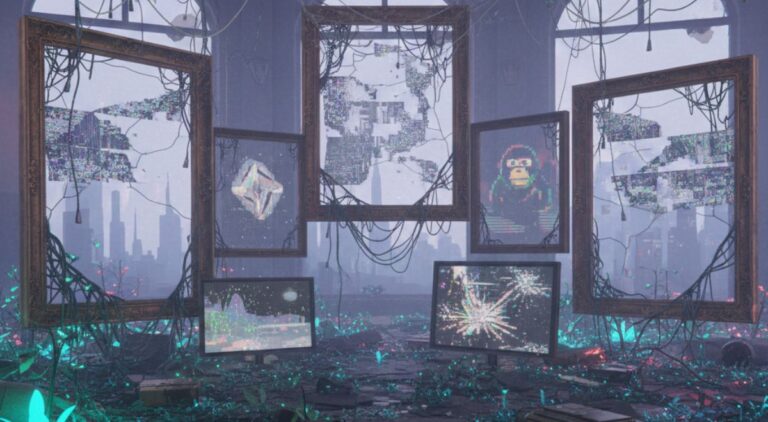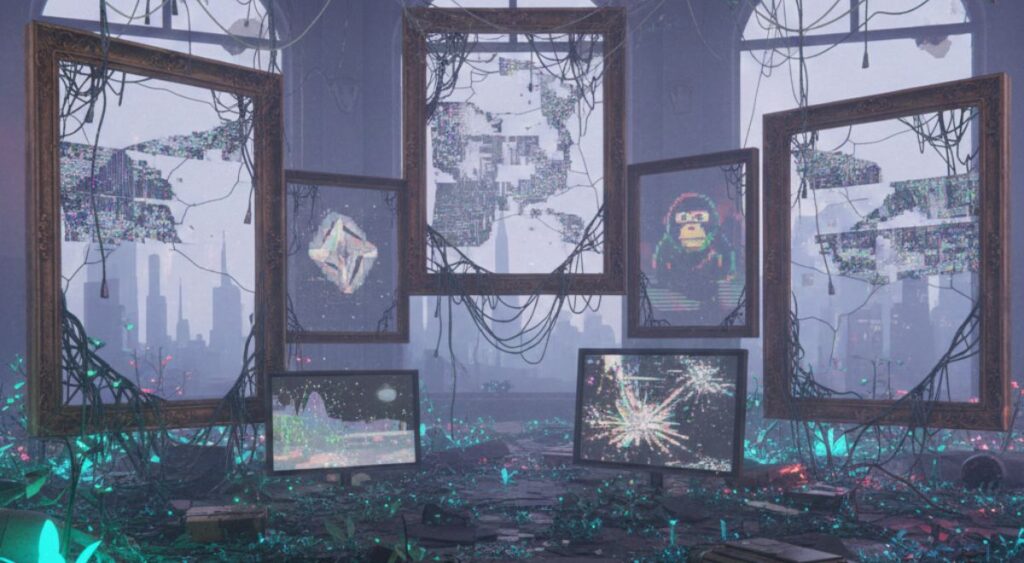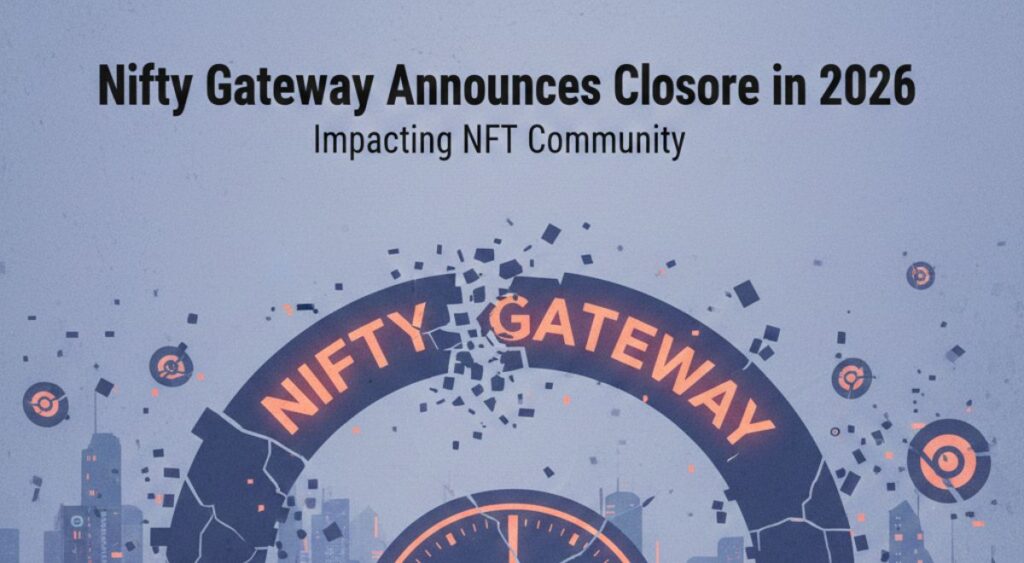The nonfungible token (NFT) market, long hailed as a revolutionary asset class, is facing challenges. Among these challenges is wash trading, which is a deceptive conduct that raises skepticism about NFTs’ ability to stimulate creativity and shift digital ownership.
What Is Wash Trading?
Wash trading, which is also known as round-trip trading is basically the simultaneous purchase and sale of NFTs in order to generate false trading activity and so inflate token prices. NFTs, unlike standard cryptocurrencies, lack liquidity, making them vulnerable to such manipulation.
According to a joint analysis from NFT analytics provider bitsCrunch and Cointelegraph Research, Wash trading activity increased 25-fold in 2022, reaching $33 billion. This represented more than half of the $54 billion in NFTs traded on the Ethereum network that year. In 2023, CryptoSlam discovered $577 million worth of NFTs suspected of wash trading on Blur, the second-largest NFT marketplace by trading volume.
NFT Market Challenges: Fake NFTs and Erosion of Trust
Another major issue that the market faces is the frequent occurrence of fake or copied NFTs. The integrity of the entire ecosystem is seriously threatened by the apparent ease with which the digital representation of NFTs can be replicated.
In one well-known case, a federal judge in California fined a conceptual artist $1.5 million for stealing NFTs from the Bored Ape Yacht Club collection. Ultimately, this problem diminishes the value of original works, which especially affects less well-known digital artists and creators who are ill-equipped to stop forgeries.
Within the NFT market, both issues—round-trip trading and counterfeit NFTs—erode trust and perceived value. Because of the lack of confidence of potential users, the NFT ecosystem is unable to gain traction in the mainstream and loses out on opportunities to grow beyond a niche market and retain long-term viability.
Nevertheless, newer technologies like AI and machine learning could potentially help address these challenges. In the NFT market, AI can increase creativity, produce unique digital art, and improve analytics and insights.
BitsCrunch: Revolutionizing NFT Market Integrity with AI-Powered Solutions
Leading the charge in the struggle against round-trip trading and counterfeit NFTs is BitsCrunch, an AI-powered NFT analytics tool. Its wash trading index, which makes use of AI and machine learning, identifies unusual trading patterns in realtime, protecting against manipulated market pricing and assisting with well-informed investing choices. The index allows users to differentiate real market trends from artificially inflated volume by providing a thorough picture of wash trade activity across multiple blockchains, marketplaces, and NFT collections.
The index is useful to investors for determining the validity of trading activities and identifying collections with high round-trip trading incidences. BitsCrunch’s AI-powered solutions, such as analytics, fraud detection, lending, price discovery, and audience interaction, have a range of applications and contribute to a safer NFT ecosystem.
Takeaways
AI and machine learning, as demonstrated by bitsCrunch, give a promising option for addressing the issues in the NFT market. By offering clear insights about the authenticity of trading activity, bitsCrunch helps to develop a safer NFT environment in which investors can navigate with confidence and trust.
















